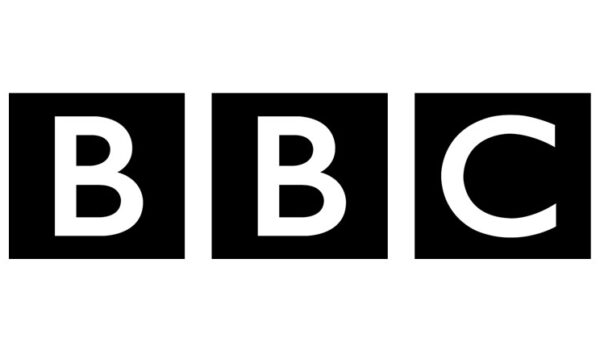Today’s announcement by the BBC signifies a marked change in the broadcaster’s approach to Eurovision. For long-time UK fans, the format harks back to long-missed, Great British finals of old, whilst for new fans, the announcement is exciting by comparison with the hugely popular Melodifestivalen in Sweden. But the BBC’s triumph may be in going beyond both models; by bringing together all the stakeholders of a British Eurovision Song Contest participation under a single, national final umbrella.
For one, the fans are brought firmly back into the picture. This is not only as members of the voting public, but also as potential writers and performers; the BBC has invited video submissions from the general public, stressing that these do not have to be professionally recorded. This approach has been used most recently by Switzerland, and, even if it has not – yet – resulted in a winner, has generated a good deal of hype and interest around the national selection process. It is not a recent phenomenon either; in 1994, one of the Norwegian finalists, Uimotståelig, was selected through involvement with the national branch of OGAE.
Out with the old, in with the… old
Also, in a move that will bring back memories for long-standing UK fans, the British Academy of Songwriters, Composers and Authors (BASCA) is brought back into the picture. Traditionally the body that preselected the entries for UK finals, it stood behind many successful British participations – and, of course, winners – well in to the 90s. As British success at the contest waned, the BBC drifted from BASCA, ending the formal collaboration in favour of a series of (mostly doomed) selection experiments.
Whether those poor results were due to BASCA and selecting poor entries, or other reasons, is subjective; many factors may lie behind the UK’s slide into the Eurovision doldrums, not least the relaxing of the language rule in 1999. But for 2016, this relationship is “revived”, with the organisation holding its own competition amongst members. Many of these members, of course, will be seasoned and experienced artists that represent the professional side of British music.
Industry bigwig
Finally, the industry itself is represented by consultation with Hugh Goldsmith, the Innocent Records executive with a list of platinum acts on his CV – including the Eurovision-connected Atomic Kitten and Blue. With experience of mega-acts like Take That, he comes across as the BBC’s answer to pop mogul Christer Björkman at Sweden’s SVT. Christer, of course, heads what has become a TV phenomenon in Sweden, but it is good to remember that even this transformation started out modestly, as the profile of Melodifestivalen grew, year by year, until the biggest acts were lining up to take part. Could this be the start of something big – at least for British Saturday night prime time TV?
Rise like a phoenix?
And so this pyramid of stakeholders – from grassroots fans, through professional songwriters, right up to industry bigwigs – is to come together to enable the British Eurovision participation to rise like a phoenix from the ashes of serial failure. Will it succeed? We shall see. But in the meantime, many fans simply take heart in the fact that, finally, the BBC may just be trying a bit harder this season!




